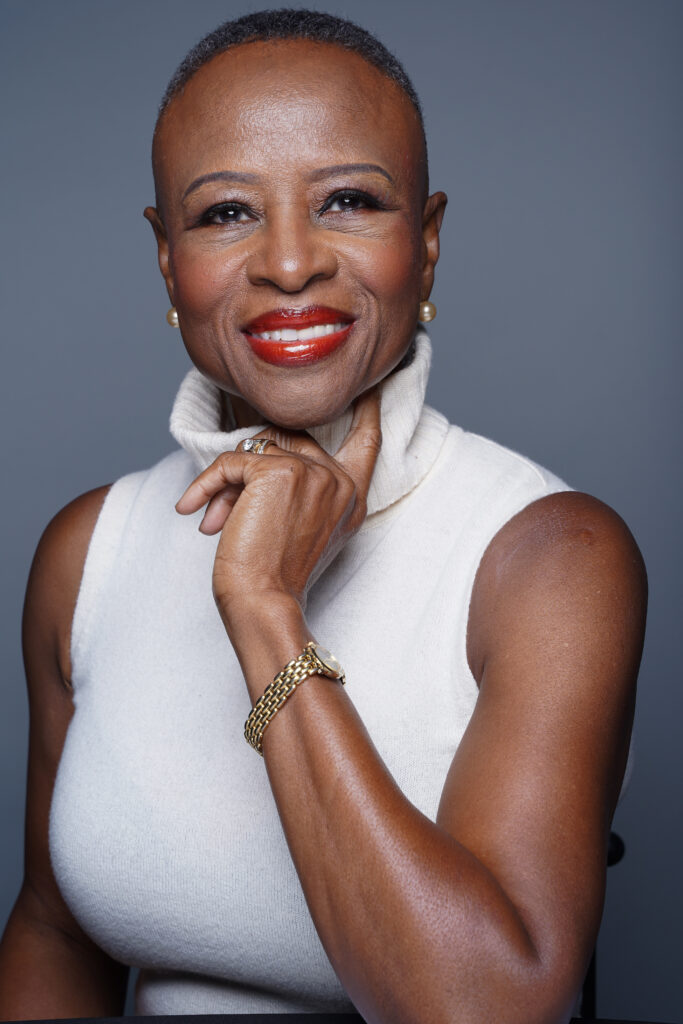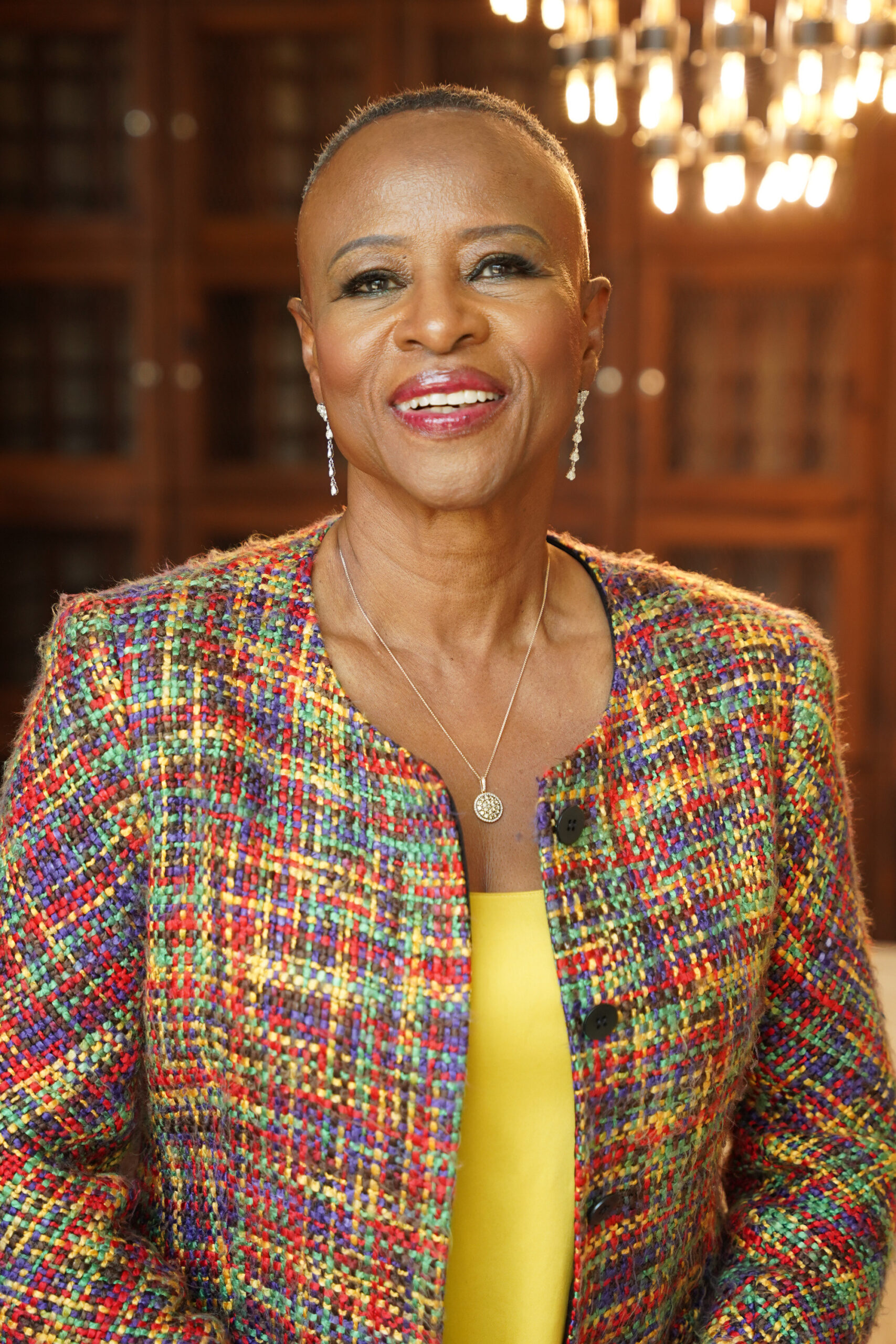Mildred J. Mills may not be a household name, but her life exemplifies a powerful legacy of perseverance and quiet rebellion against systemic challenges. In her memoir Daddy’s House, Mills reflects on a journey shaped by both pain and triumph, marked by extraordinary achievements in a time when society offered little to Black women. Through her life, she defied the odds, broke barriers, and set an example for future generations.
Early Life and Strength in Adversity
Growing up on a farm during the Jim Crow era, Mills learned valuable lessons from her father, who, despite being a Black man running a business during one of the most oppressive periods in American history, never let racism define him. “You can be anything you want to be,” he instilled in her—a belief that fueled her resilience. From him, she learned to be resourceful, stand firm in the face of adversity, and practice gratitude, qualities that would later define her career and personal life.
Breaking Barriers in Corporate America
Mills became one of the first Black women executives in a major company at a time when racial and gender discrimination were rampant. Her rise from keypunch operator to a corporate executive was a testament to her tenacity. She succeeded in the male-dominated IT industry and earned equal pay, which was unheard of for a Black woman in those times. But her career wasn’t without hardship; after decades of success, a swift turn of racial discrimination led to a wrongful demotion lawsuit, reminding her that corporate success, no matter how hard-won, offers no guarantees.
Homeownership as a Milestone for Independence
After her divorce, Mills set her sights on purchasing a home, despite societal disbelief that a single Black woman could succeed in such an endeavor. Her determination not only secured a home for her and her daughter but also set a precedent for women’s independence. This milestone represented more than just personal achievement; it broke new ground for women’s rights at a time when homeownership for women without a husband was still a rarity.
Overcoming Trauma and Reclaiming Power
Mills faced harrowing personal trauma, including surviving gang rape. She credits her faith for helping her survive that traumatic experience, though it took decades to confront the memory fully. Writing her memoir became a powerful tool for reclaiming her identity and healing from the hidden scars. She offers no simple answers for other survivors but encourages faith, perseverance, and the cathartic power of writing as paths toward recovery.
Motherhood and Instilling Resilience
Despite the trials she faced, Mills successfully raised her children, teaching them the values of discipline, hard work, and resilience. She leaned on the support of a loving extended family, ensuring that her children were surrounded by strength and care. Her determination to shield them from the burdens of adulthood while raising them to be resilient was central to her parenting philosophy.

Legacy and Inspiration for Future Generations
As the country prepares for the possibility of its first Black woman president, Mills’s life story resonates more than ever. She offers younger generations, especially Black women, a message of humility and focus: excel at whatever task you undertake, seek mentorship, and be open to life’s unexpected turns. For Mills, breaking barriers was not the goal; it was a byproduct of pursuing excellence and living authentically. Her advice: “Embrace the unexpected—it may lead you to your true calling.”
Mildred J. Mills’s life, though quiet in its advocacy, is a powerful testament to resilience, courage, and the transformative power of living one’s truth. Through her example, she continues to inspire, showing that change can come not only through activism but also by daring to live beyond the limitations society places upon us.
Images Courtesy of Publicist.
Follow Us On Social Media!





